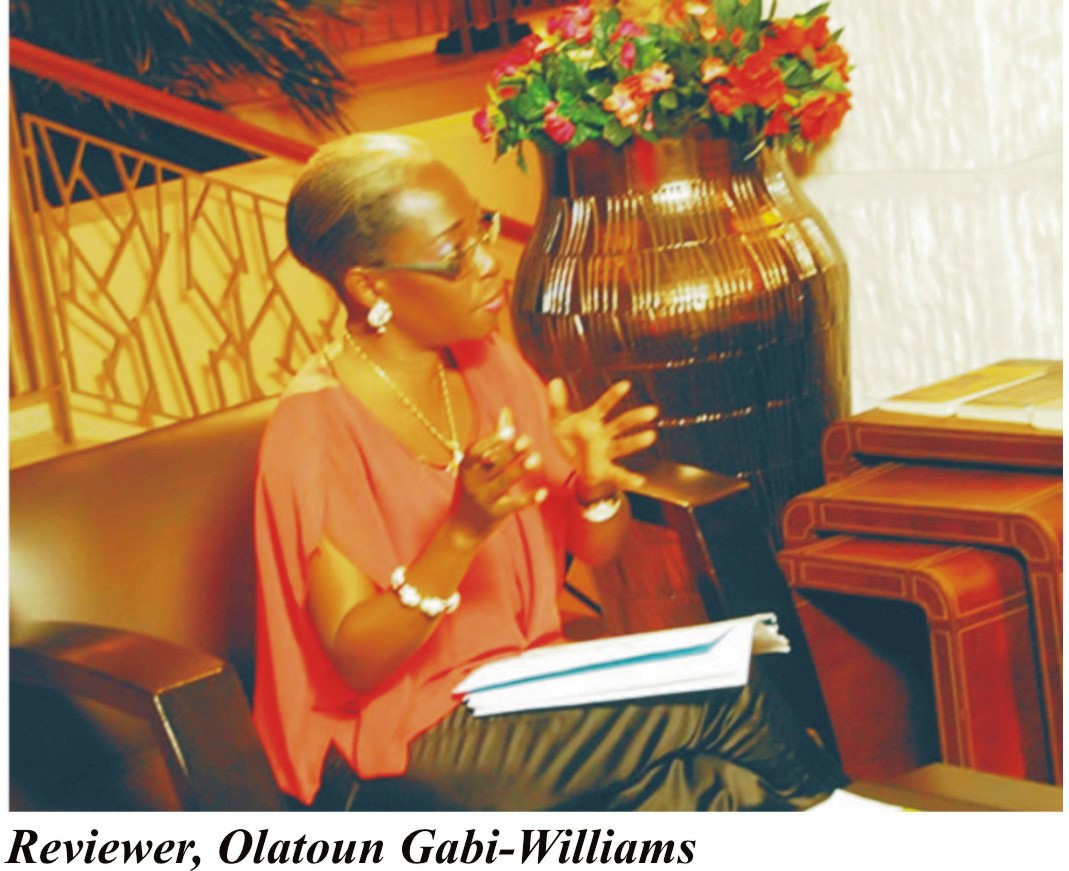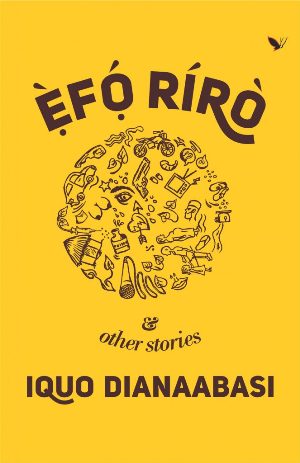
Say You’re One of Them is catholic priest, Uwem Akpan’s debut book
se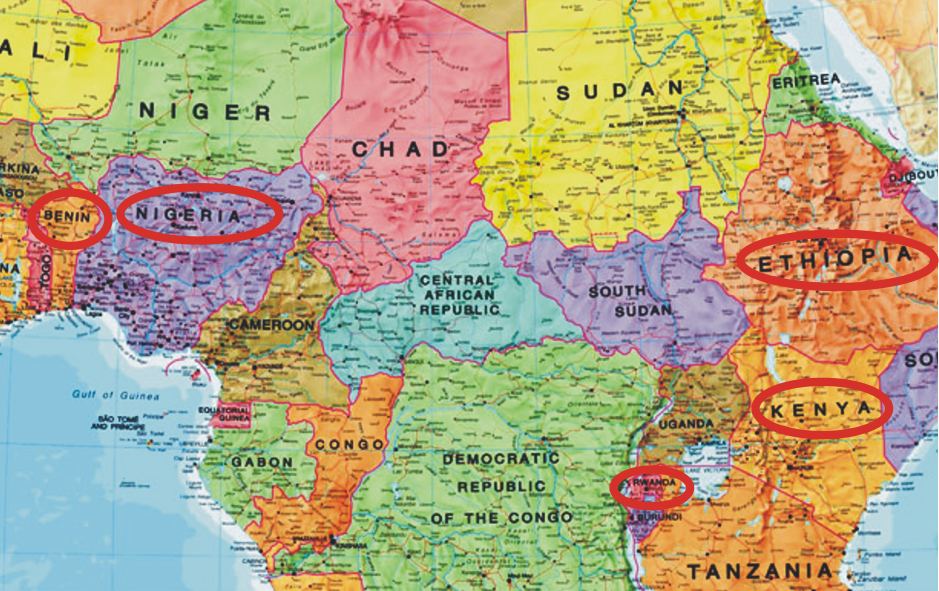 t in selected countries of Sub-Saharan
Africa. Emerging out of the book’s
unleashed passions, are two monsters and a wounded angel. The first monster has
two heads: one is poverty, that chronic , terrifying condition of lack; moral
chaos is the other: the disintegration of values when the only organising
principle that society offers is survival.
Towering over Africa, an ancient tree planted in her soil, the second monster bears
two fearsome names: Ethnocentrism, religious fanaticism. A swooping vulture,
religious fanaticism surveys endless carnage
with stony eyes and ethnocentrism surveys
the remains of armed conflicts erupting
in his name, throughout African lands.
t in selected countries of Sub-Saharan
Africa. Emerging out of the book’s
unleashed passions, are two monsters and a wounded angel. The first monster has
two heads: one is poverty, that chronic , terrifying condition of lack; moral
chaos is the other: the disintegration of values when the only organising
principle that society offers is survival.
Towering over Africa, an ancient tree planted in her soil, the second monster bears
two fearsome names: Ethnocentrism, religious fanaticism. A swooping vulture,
religious fanaticism surveys endless carnage
with stony eyes and ethnocentrism surveys
the remains of armed conflicts erupting
in his name, throughout African lands.
Childhood is the wounded angel, the limping giant on the run, frantically seeking a way out of the shocking, heart-wrenching conditions depicted in Akpan’s book. You will find it hard to look into the wide- open eyes of Jigana, a Kenyan boy of no more than 8. His eyes have been emptied of everything we wish to recognise in a child’s eyes. How can we bear to look into the eyes, turned up towards us, of Kotchikpa, a Beninois boy of 10 years and his sister, Yewa who is 5? After reading Uwem Akpan’s book, Angelique Kidjo, the very real, legendary Beninois songstress, was so moved by it, she composed an elegy in memory of her fictional 5 year old compatriot, Yewa, trafficked for sex. Readers will meet Monique, a 9 year old Rwandan girl who must now in the wake of war and genocide take care of her baby brother. Readers will meet Ethiopian Salem and her best friend who are six year olds caught in religious strife. In Uwem Akpan’s debut fiction, only the Nigerian, Jubril, a conservative Muslim, is adolescent.
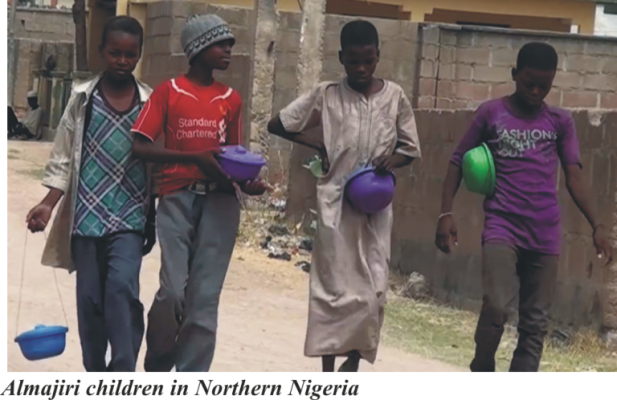 Every story in this book presents child justice travestied. All eight children are inviting us into the sanctuaries of their
hearts where we will discover thoughts, feelings and responses which would have
been our own had we been in their shoes. In Say You’re One of Them, you will
recognise your own children’s voices in the clear, sweet voices of these
fictional ones who express desires, bewilderment and fears - the
childhood kind - from their demonized
corners of our planet. And because this book will be read for a long time to
come, our children will recognise their own children in the homogeneous
features of childhood illustrated within its borders. For generations to come,
readers will live out childhood’s universality which extends beyond the borders
of Africa and beyond boundaries of class, creed and ethnicity, to embrace us
all.
Every story in this book presents child justice travestied. All eight children are inviting us into the sanctuaries of their
hearts where we will discover thoughts, feelings and responses which would have
been our own had we been in their shoes. In Say You’re One of Them, you will
recognise your own children’s voices in the clear, sweet voices of these
fictional ones who express desires, bewilderment and fears - the
childhood kind - from their demonized
corners of our planet. And because this book will be read for a long time to
come, our children will recognise their own children in the homogeneous
features of childhood illustrated within its borders. For generations to come,
readers will live out childhood’s universality which extends beyond the borders
of Africa and beyond boundaries of class, creed and ethnicity, to embrace us
all.
In 2010 I moderated a reading for the book’s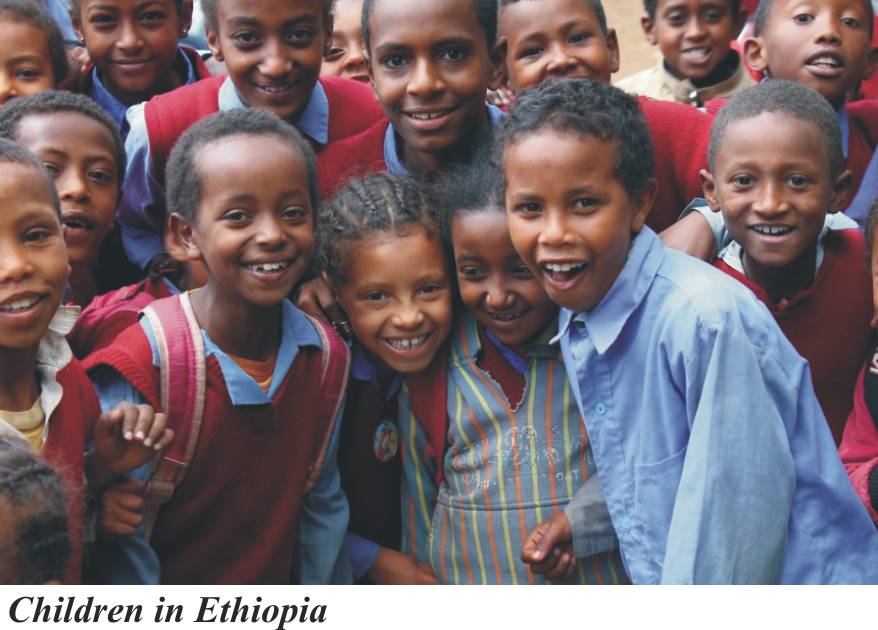 Nigerian publishers, Book
Craft, at the Jazz Hole in South West Ikoyi, Lagos. The first thing I asked of the Catholic priest and author, was to
talk to us about the genesis of Say
You’re One of Them, the book
that had left Oprah Winfrey “gasping†and which went on to achieve historic
status as the Oprah Book Club pick for 2009. Due to constraints of time, though
all five stories are outstanding, I made that clear, we were unable to spend
time in the killing fields of Rwanda, or on board the fated Nigerian bus in the
company of Jubril – the teenage Almajiri boy, heading South, heading unbeknown to him towards
atonement and towards the revelation of
the heart of an Allah in whose sovereign plan every soul counts.
Nigerian publishers, Book
Craft, at the Jazz Hole in South West Ikoyi, Lagos. The first thing I asked of the Catholic priest and author, was to
talk to us about the genesis of Say
You’re One of Them, the book
that had left Oprah Winfrey “gasping†and which went on to achieve historic
status as the Oprah Book Club pick for 2009. Due to constraints of time, though
all five stories are outstanding, I made that clear, we were unable to spend
time in the killing fields of Rwanda, or on board the fated Nigerian bus in the
company of Jubril – the teenage Almajiri boy, heading South, heading unbeknown to him towards
atonement and towards the revelation of
the heart of an Allah in whose sovereign plan every soul counts.
In our joint review of the book, Father Akpan and I focused instead on three stories of the five.
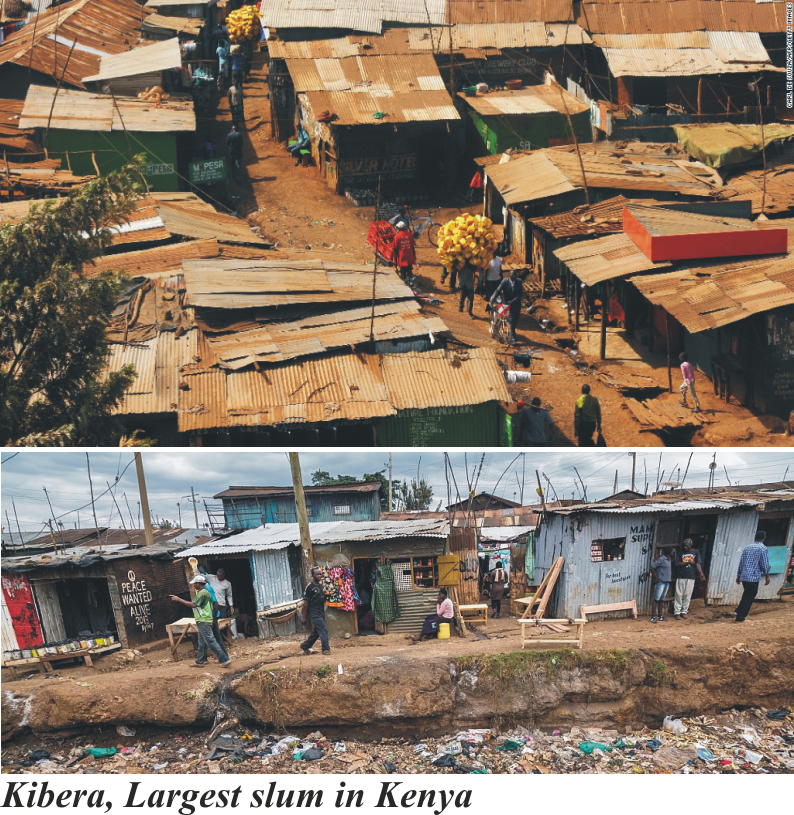 The incapacity of parents in Ex-Mas Feast turns a street family
into a child headed household. That child is their eldest daughter, Maisha , a
self-sacrificing 12 year old turned child prostitute on Nairobi streets. In a heroic bid to pay her brother’s school
fees, and to save some money for herself, Maisha will make a decision that will
drive her family and you, the reader, to despair. Maisha’s decision will drive
the story to a dénoucement that will not only rend your heart, it will terrify
you.
The incapacity of parents in Ex-Mas Feast turns a street family
into a child headed household. That child is their eldest daughter, Maisha , a
self-sacrificing 12 year old turned child prostitute on Nairobi streets. In a heroic bid to pay her brother’s school
fees, and to save some money for herself, Maisha will make a decision that will
drive her family and you, the reader, to despair. Maisha’s decision will drive
the story to a dénoucement that will not only rend your heart, it will terrify
you.
Set in a border town in Benin, Fattening for Gabon centres around the trafficking of children into commercial sex slavery. As I read the story one thought repeated itself in my mind: only those with no choices whatsoever would entrust orphans to a relative already beset by his own crushing poverty. The relative in question doesn’t want to be a border tout; he doesn’t want to be a petty thief forever. This likeable rogue is bereaved too; and if not bereaved, then bereft of hope for a future. Isn’t that a form of bereavement? He craves relief in many forms: a two tone brand new motorbike, new clothes, new shoes, good food to eat. Blood ties might bind but in the scale of the good life versus family loyalty, the good life is so tempting.
In an Ethiopia torn apart by the violence and schism of religious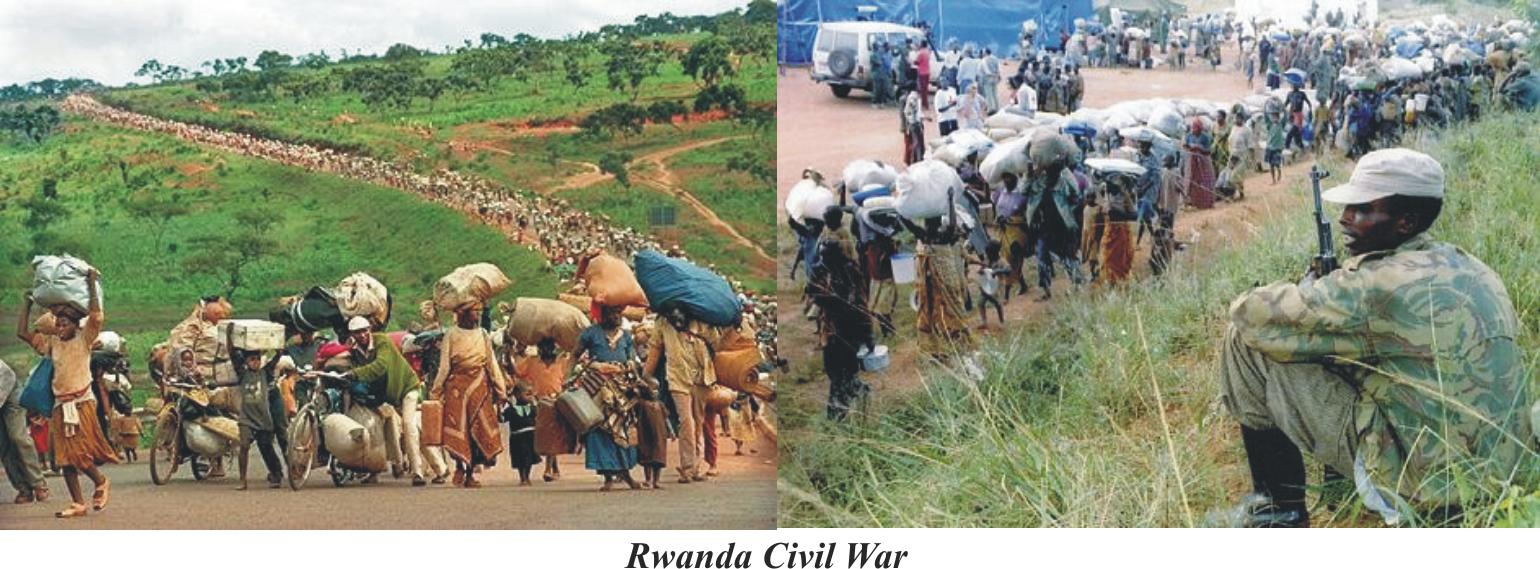 conflict, What language is that? is a sweet song of hope rising out of
the darkness which defines so much of Father Akpan’s book. Two 6 year old girls
succeed in rescuing their blameless
friendship from the detritus of war. You
will feel joy and admiration watching their ingenuity as they defy their parents,
daring to cross battle-lines their parents have etched out across the religious
divide. 6 year old girls standing on
their balconies, looking across the street at each other, each longing, like
star- crossed lovers, for the other; sharing love in a new language: one of
their own. 6 year olds. In their resistance you will hear a call to arms
against violence, against blind hate and ignorance and in their clandestine
love, you will, like I did, experience uplifting
victory and you will enter into a celebration of those secret triumphs so beloved
of childhood.
conflict, What language is that? is a sweet song of hope rising out of
the darkness which defines so much of Father Akpan’s book. Two 6 year old girls
succeed in rescuing their blameless
friendship from the detritus of war. You
will feel joy and admiration watching their ingenuity as they defy their parents,
daring to cross battle-lines their parents have etched out across the religious
divide. 6 year old girls standing on
their balconies, looking across the street at each other, each longing, like
star- crossed lovers, for the other; sharing love in a new language: one of
their own. 6 year olds. In their resistance you will hear a call to arms
against violence, against blind hate and ignorance and in their clandestine
love, you will, like I did, experience uplifting
victory and you will enter into a celebration of those secret triumphs so beloved
of childhood.
In 2010 when Akpan’s book was published in Nigeria, figures for children trafficked internationally every year for commercial sex were a dizzying, 1.2 million. In armed conflict across Africa, checking the figures for the same year, over 100,000 children, some no more than 7 or 8 years, were recorded to be participating as soldiers. At the same time, in 12 local government areas across 6 Nigerian cities, the number of street children was put at 2009. Staggering figures, but for me just that, figures, nameless and faceless figures until one Catholic priest sat down in front of his computer, at his keyboard, to honour every single one of them. He succeeded in this vital, life-affirming project by giving names and vibrant life to some of them. Click Here to get a copy
